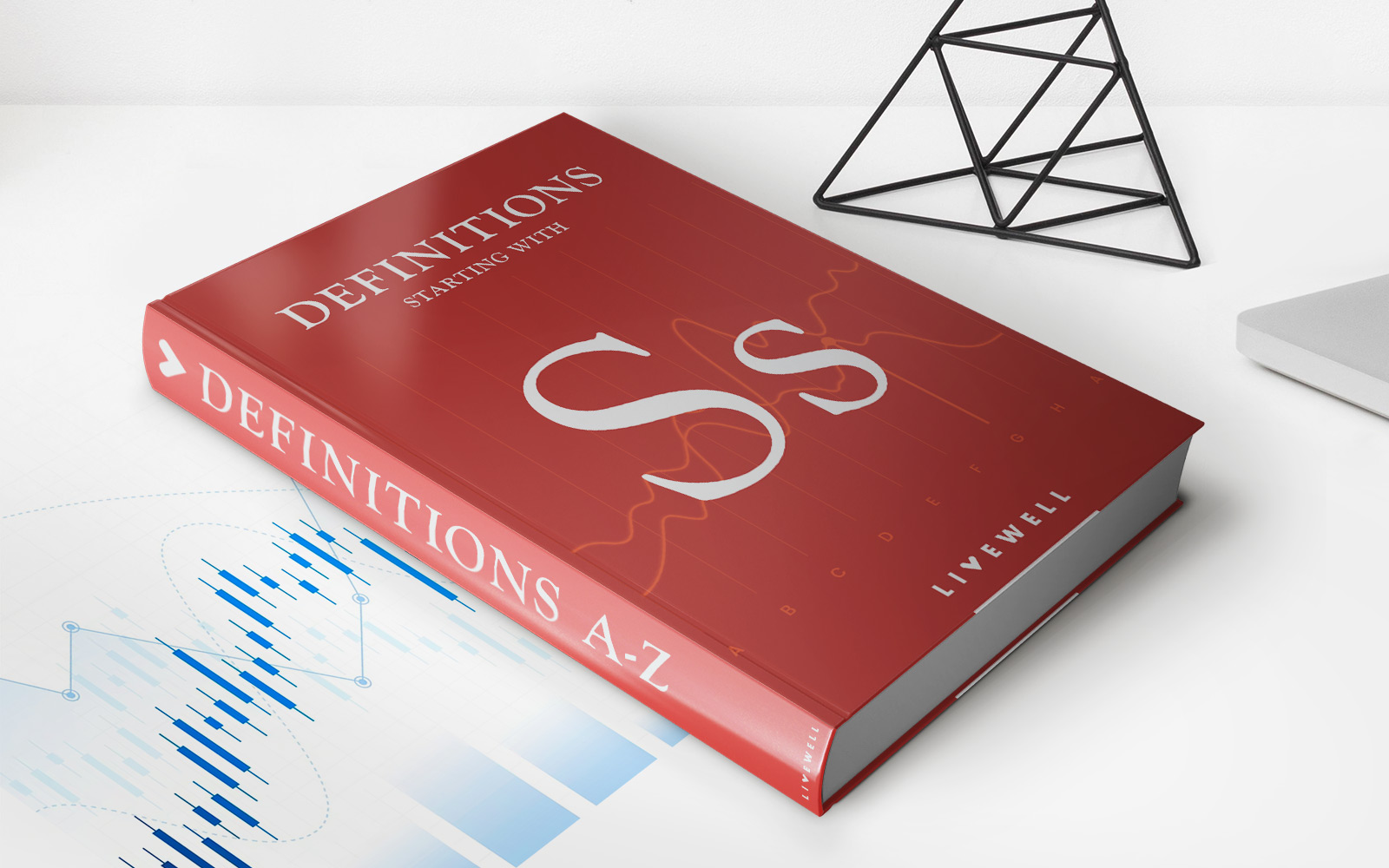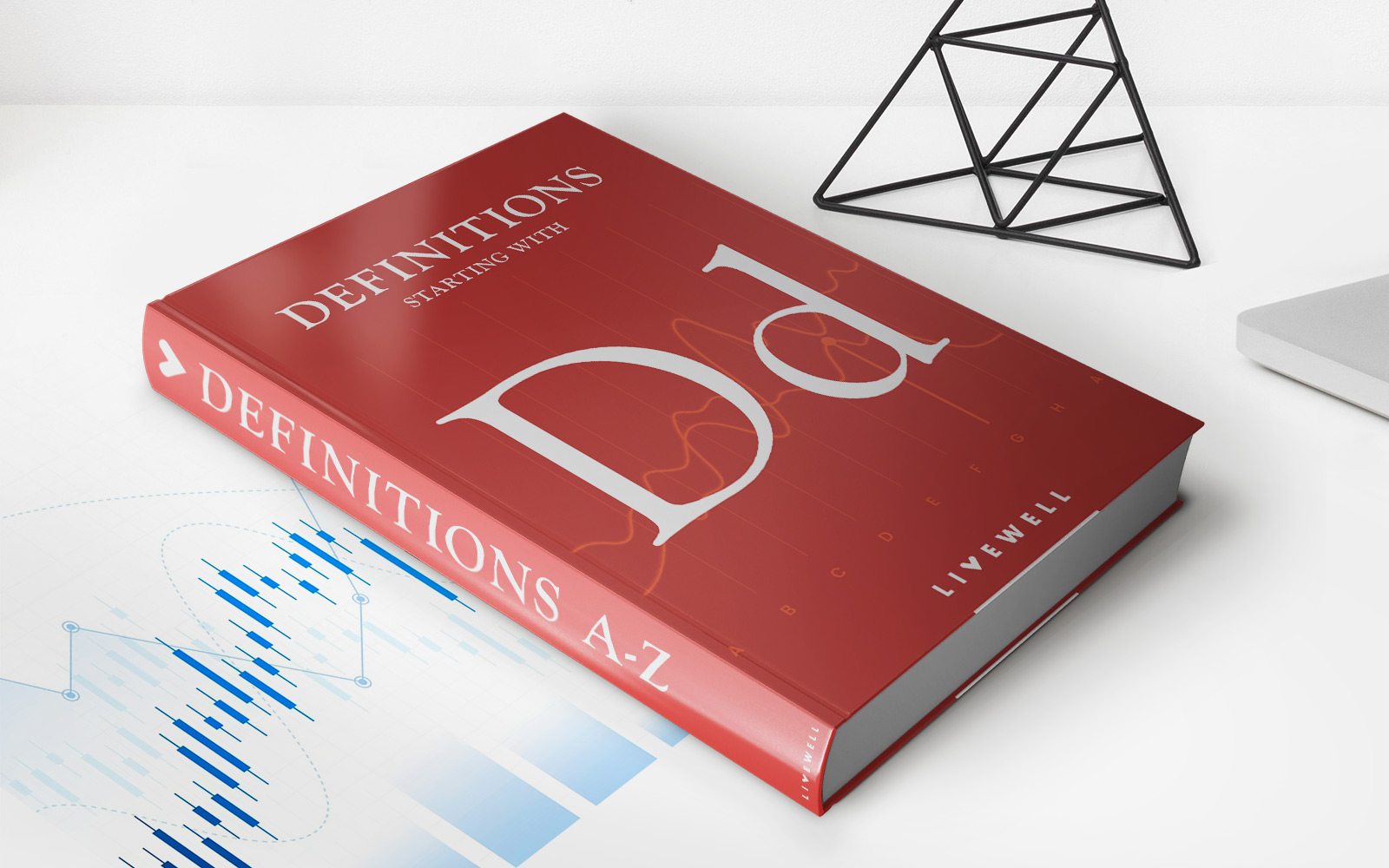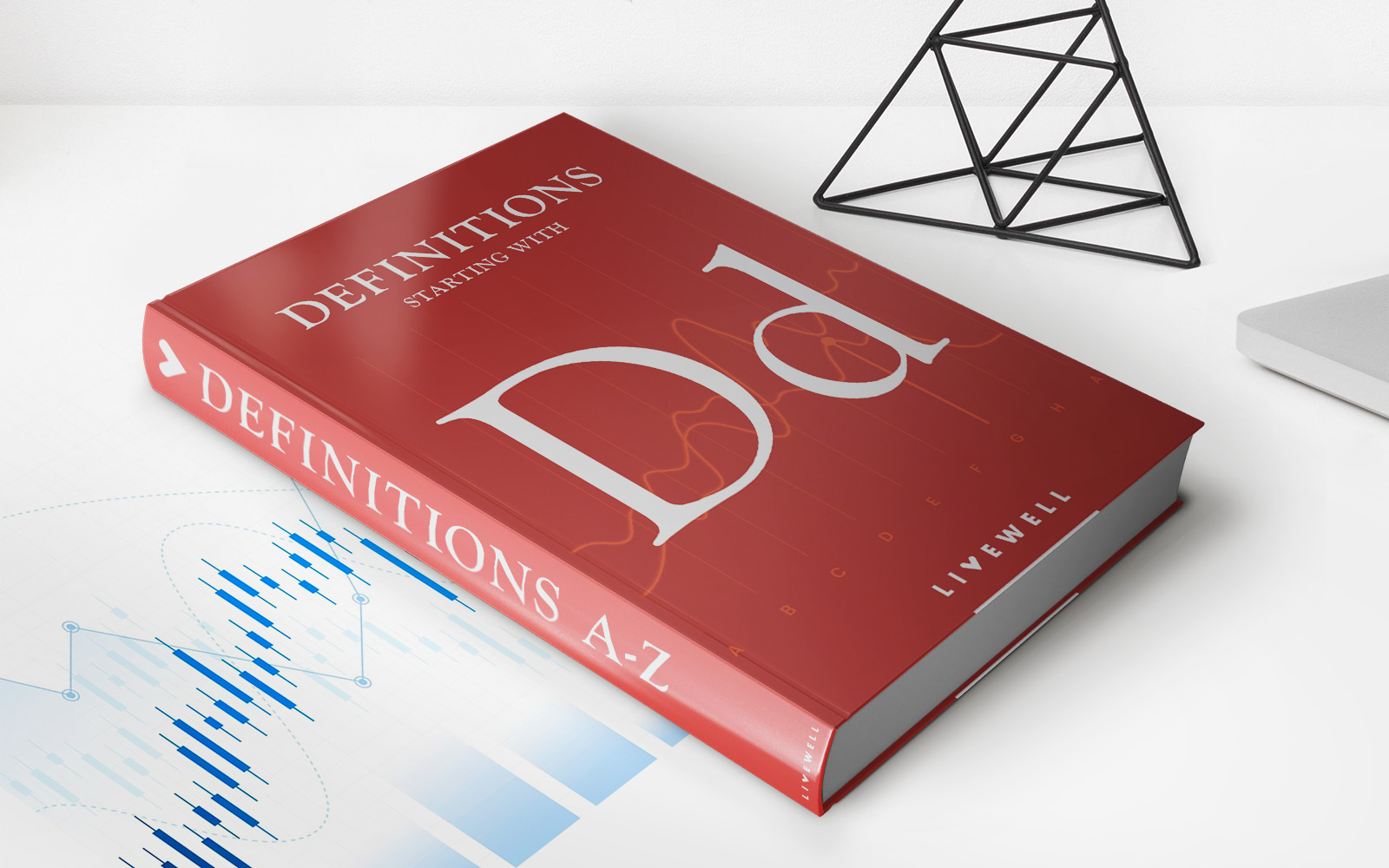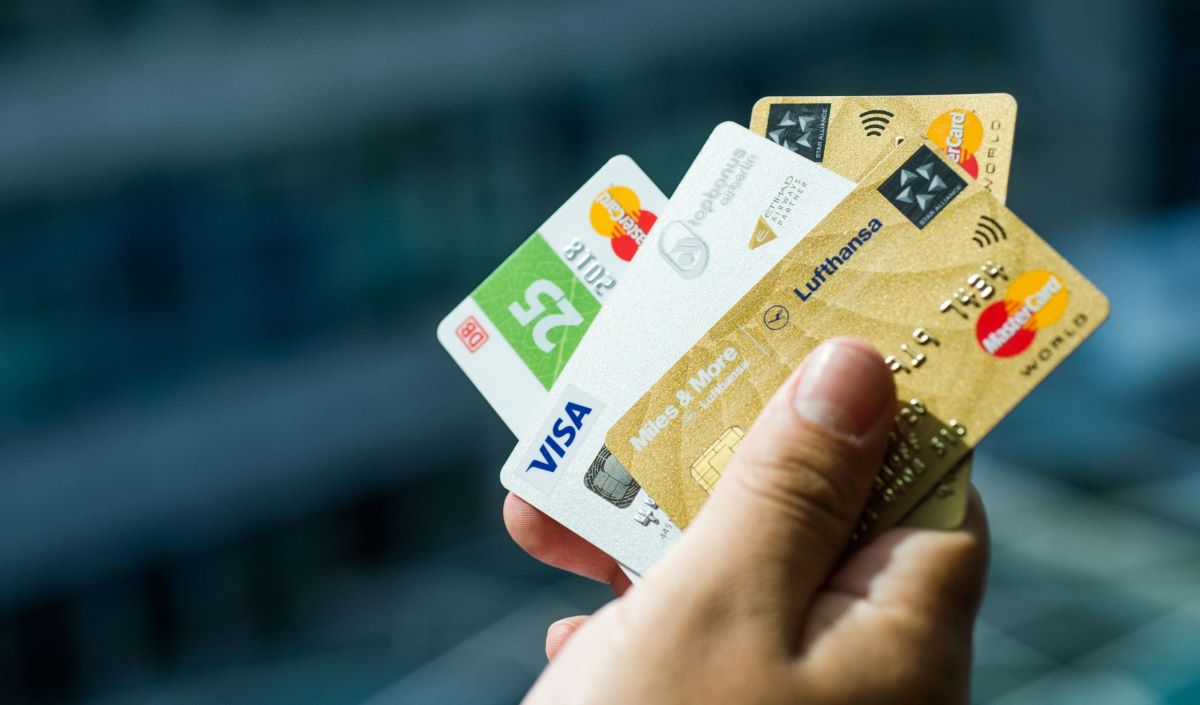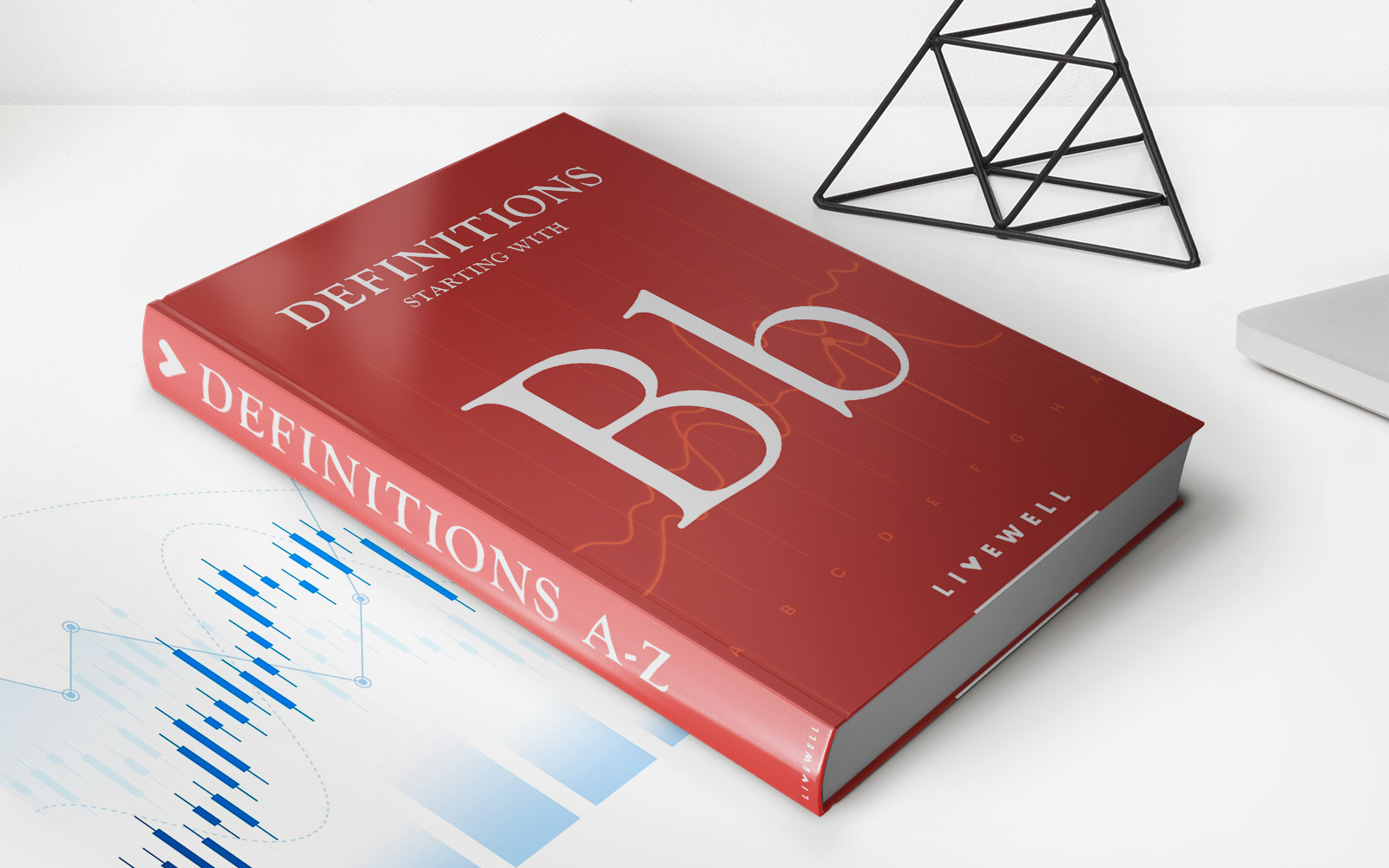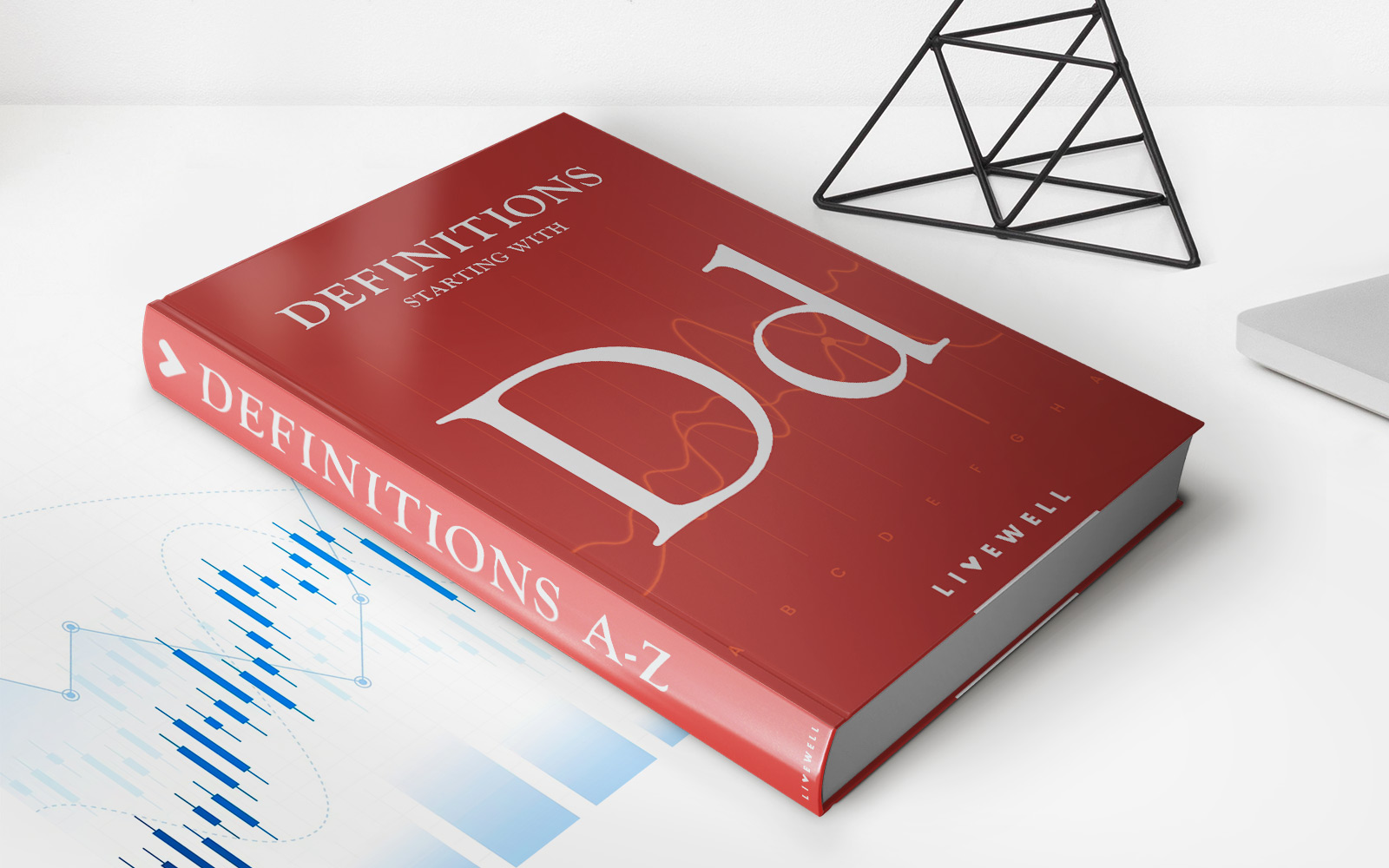Home>Finance>Delinquent Account Credit Card: Definition, Example, Impact


Finance
Delinquent Account Credit Card: Definition, Example, Impact
Published: November 10, 2023
Learn the definition of delinquent account credit cards, see examples, and discover the impact on personal finance.
(Many of the links in this article redirect to a specific reviewed product. Your purchase of these products through affiliate links helps to generate commission for LiveWell, at no extra cost. Learn more)
Delinquent Account Credit Card: Definition, Example, Impact
In the world of personal finance, managing credit cards is a critical aspect of a healthy financial life. However, circumstances like unexpected expenses or income fluctuations can sometimes lead to difficulties in timely credit card payments. This may result in a delinquent account, which can have severe consequences if not addressed promptly. In this article, we will explore what a delinquent account credit card is, provide an example, and discuss its impact on your financial health.
Key Takeaways:
- A delinquent account credit card signifies an unpaid credit card balance that is past its due date.
- Failing to address a delinquent account can negatively impact your credit score, increase interest rates, and result in collection actions or legal consequences.
Understanding a Delinquent Account
A delinquent account credit card refers to a situation where a credit cardholder fails to make the required minimum payment by the due date. Typically, credit card issuers provide a grace period of around 21 days for cardholders to settle their bills. When an account becomes delinquent, it means the payment due date has passed, and the cardholder has not made any payment or has made a payment below the required minimum.
Delinquency can occur due to various reasons, such as financial hardships, lack of budgeting, or overspending. Regardless of the cause, the consequences of ignoring a delinquent account can be significant.
Impact of a Delinquent Account
Having a delinquent account credit card can impact your financial health in several ways:
1. Credit Score:
A delinquent account can have a detrimental effect on your credit score. Payment history makes up a significant portion of your credit score, and late or missed payments can drag it down. Lower credit scores may make it challenging to obtain future credit or loans with favorable terms, limiting your financial opportunities.
2. Increased Interest Rates:
When your credit card account becomes delinquent, credit card issuers may increase the interest rate charged on your outstanding balance. Higher interest rates lead to additional debt and make it harder to pay off the balance in full. This can result in a never-ending cycle of accumulating debt and mounting interest charges.
3. Collection Actions:
If you continue to neglect your delinquent account, the credit card issuer may eventually send your account to a collections agency. Collection agencies are known for their persistent attempts to recover the owed amount, which can be stressful and impact your mental well-being. Furthermore, the collection action will be recorded on your credit report, further damaging your creditworthiness.
4. Legal Consequences:
In extreme cases, credit card issuers may choose to take legal action to recover the outstanding debt. This can lead to court proceedings and potential judgments against you. Not only can this result in additional financial burden with legal fees, but it can also have long-lasting consequences on your ability to access credit and your overall financial reputation.
Conclusion
Addressing a delinquent account credit card is crucial for maintaining a healthy financial life. Ignoring the situation can lead to a cascade of negative consequences, ranging from a damaged credit score to legal actions. By prioritizing timely payments and effective budgeting, you can avoid the potential pitfalls of a delinquent account and secure your financial future.
